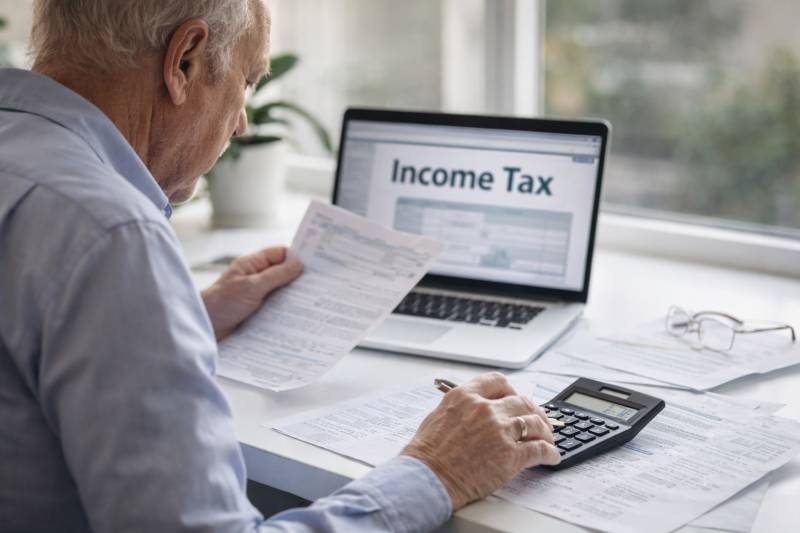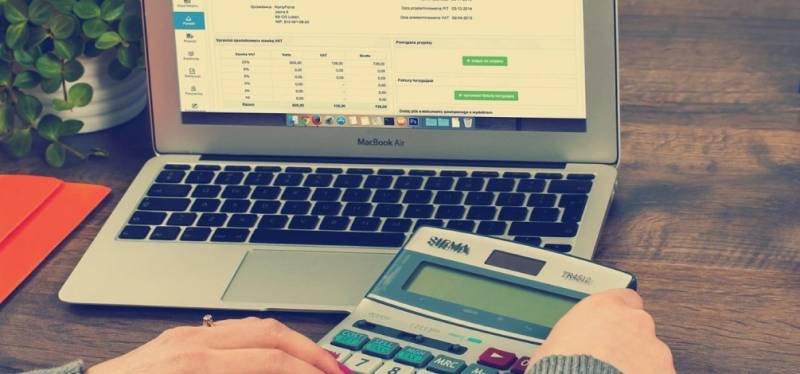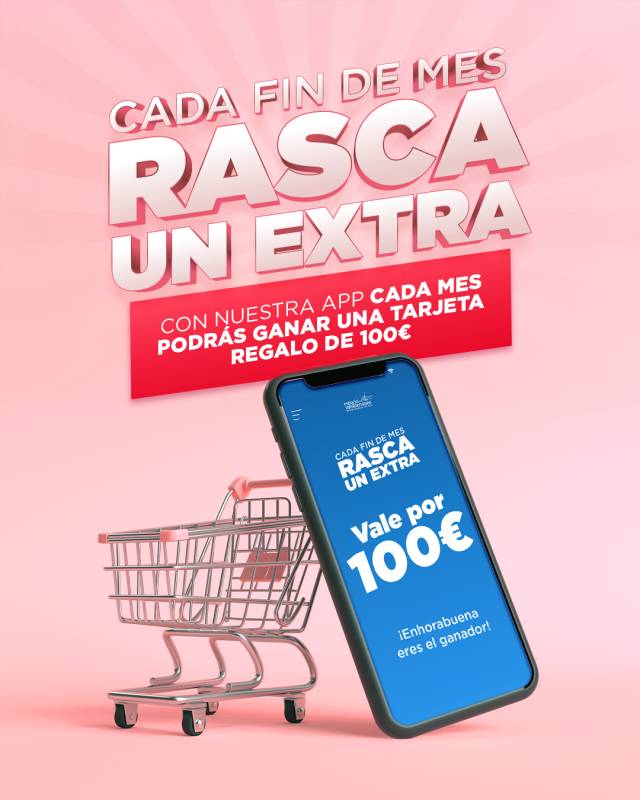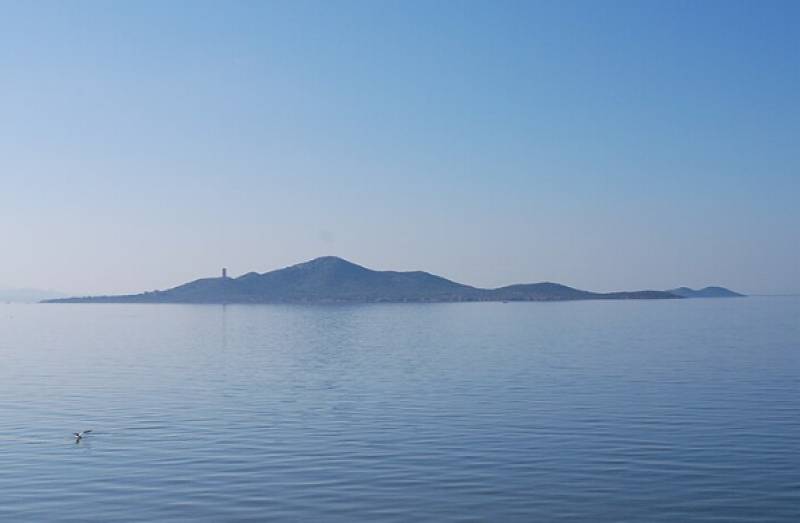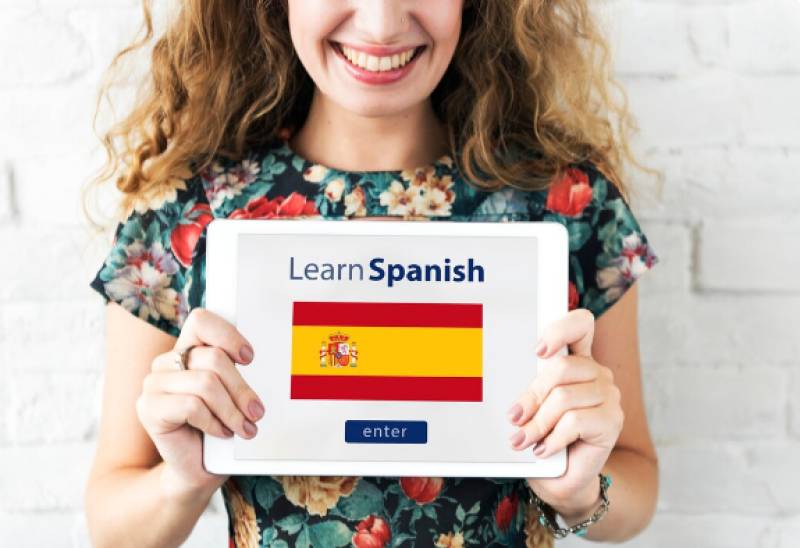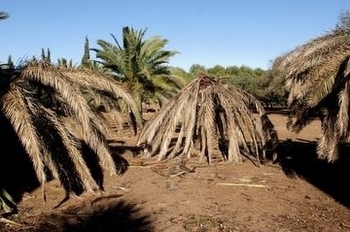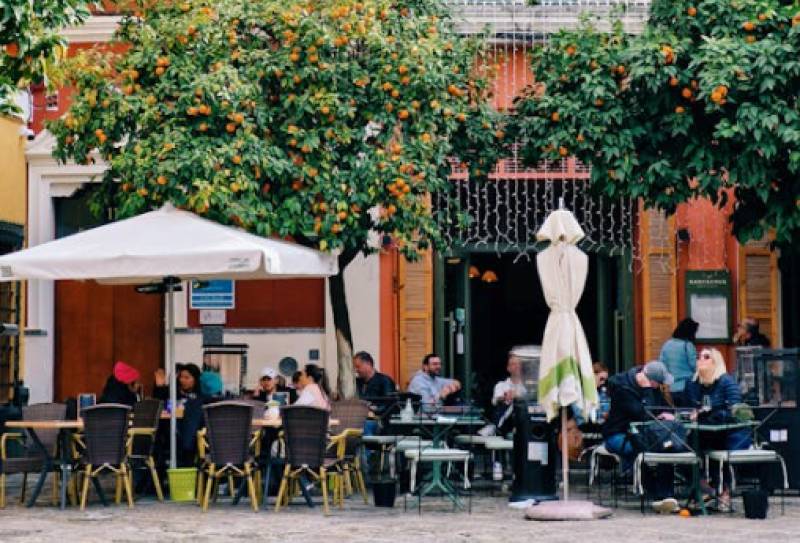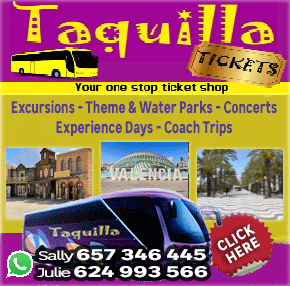
To be listed on the CAMPOSOL TODAY MAP please call +34 968 018 268.
article_detail
What you need to know about exchange rates as a tourist
Find out more about exchanging currency when travelling as a tourist

Exchange rates can affect everything from the cost of a hotel room to the price of a meal or a souvenir. When travelling abroad or trading currency via a platform such as Tradu, understanding exchange rates is crucial to managing your travel budget effectively.
Here are some important factors tourists should consider when dealing with foreign currencies.
How do exchange rates work?
First, it’s important to understand what an exchange rate is. Essentially, it’s the price at which one currency can be exchanged for another. These rates fluctuate regularly based on various economic factors including interest rates, economic stability and inflation. As a tourist, you’ll need to know the current exchange rate to understand how much your money is worth in the local currency. This can also help you work out the cost of items when you’re abroad.
How much travel money do you need?
When travelling abroad, you’ll likely have a budget, so you’ll need to work out how much money you’ll need to take with you. Factor in aspects such as eating out, drinks, travel expenses, accommodation and souvenirs.
Timing of currency exchange
The timing of when you exchange your money can significantly impact how much you get. Exchange rates fluctuate constantly due to changes in the global economic landscape. Watching these trends can help you choose a better time to exchange money.
Fees and charges
There are typically fees associated with currency exchange but, depending on where you exchange your cash, you might be able to get a better rate. Airports and hotels typically offer less favourable rates and might also charge higher fees. For this reason, it’s generally advisable to compare rates at various places.
Using credit cards and ATMs
Credit cards and debit cards are often the most convenient way to pay when travelling. They typically offer better exchange rates than currency exchange outlets. However, it is important to check with your bank about foreign transaction fees, which can add up. Some banks offer specialist travel credit cards that offer better rates. Using local ATMs to withdraw currency can be a good option, but beware of machines that charge high withdrawal fees.
Travelling with cash
In many countries, especially in less touristy areas, local businesses may prefer or only accept local currency. Having some on hand can save you from being stuck without a payment option should you wish to visit independent vendors.
As a tourist, dealing effectively with exchange rates requires a certain level of preparation and awareness but it is possible to avoid certain pitfalls and enjoy a stress-free trip.
Contact Murcia Today: Editorial 000 000 000 /
Office 000 000 000










